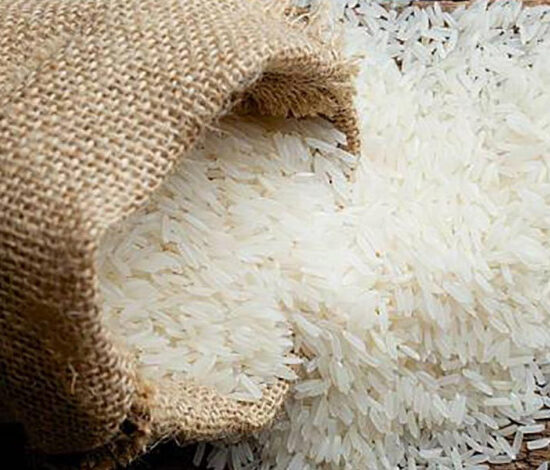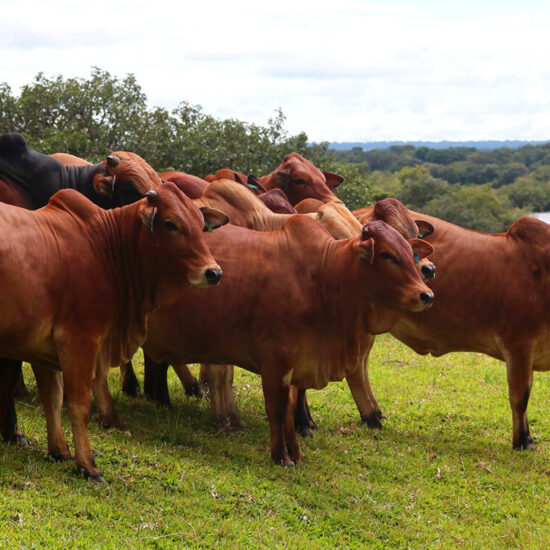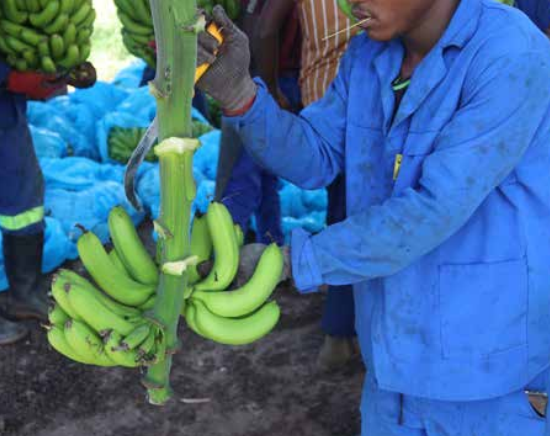
Cotton Association of Zambia Executive Director Joseph Nkole has called on government to consider investing largely in cotton production as the sector has the potential to generate approximately $80 to $90 million dollars annually as exports or export dollar savings.
In an exclusive interview with the Zambian Business Times – ZBT, Nkole stated that the K1.7 billion that government spends on maize production every year should be spent alongside other cash crops like cotton which has the potential to increase the country’s foreign exchange.
“Cotton is very profitable crop that has the potential to earn a lot of foreign exchange for the country. We need government to invest largely in cotton growing and production. We are grateful to the Citizen Economic Empowerment Commission (CEEC) and the ministry of Commerce, Trade and Industry who have come on board and helped the association with some funding,” he said.
Nkole also said that Cotton just like any other crop is affected by adverse weather patterns like prolonged dry spells, but that the cotton plant has stronger roots that enables it survive harsh weather condition and produce better crop.
The executive director has also announced that the Cotton associated will announce the minimum price set for cotton selling by the farmers for this year.
And Cotton Association of Zambia Outreach and Membership Services head Jared Kachari said Zambia has about 350 000 cotton farmers growing in the country who needs supports to keep the growing of cotton running.
He said his outreach runs groups called the ‘study cycle groups’ which is an extension approach where farmers set is groups of around 10 to 15 and study material provided by the association in order to enable them learn more on how to grow cotton and produce useful materials through the crops grown.
“We have managed to procure ginning equipment with the help of CEEC financing that is being used by farmers to process their cotton further and produce other beautiful things like rags, scuffs and others. So there is need for farmers to join the cotton association so that they can keep abreast and learn from what the association is impacting in other farmers,” he said.







